Neoclassical economics
Neoclassical economics is a school of economic thought based on the idea that the value of goods is a function of the utility or satisfaction assigned to them by consumers.
The neoclassical school emerged in the 1870s. The term neoclassical is highly criticised by some economists, arguing that it tries to bring together the marginalist economic thought that existed between 1870 and 1920. These ideas aimed to formalise economics in order to assimilate it in a more mathematical way.
One of the fundamental aspects that differentiated neoclassicism from the classical school is the way they explained prices and the relative value of goods. According to the classical school, the value of goods is explained by their costs (on the supply side). For the neoclassicals, on the other hand, the value of goods is explained by marginal utility, i.e. the value assigned to the last unit consumed (on the demand side).
One of the main concerns of the neoclassicals was the optimal allocation and distribution of resources in a society. In addition, they strongly supported free trade as an engine of economic development and as a way of exploiting countries’ comparative advantages.
Origins of neoclassical economics
The origins of neoclassicism lie in the ideas of the marginalist economists who sought a more rigorous economic theory based on objective mathematical models and detached from historical determinants.
There were three main neoclassical schools:
- English: Related to William Stanley and Alfred Marshall, the greatest exponent of neoclassicism.
- Austrian: Associated with Carl Menger, who developed the foundations of marginal analysis.
- French: Leon Walras, who developed the theory of general equilibrium and the concept of marginal utility.
Basic postulates
The neoclassicals focused their analysis on the choice between alternatives, and on marginal changes as the object of calculation and general equilibrium.
With respect to the behaviour of individuals and firms, the neoclassical school is based on three basic assumptions:
- Both producer and consumer are rational.
- People seek to maximise their utility or satisfaction when they consume goods or services. Businesses seek to maximise their profits when they sell goods or services.
- Individuals and companies act independently on the basis of complete and relevant information.
There are also several differences in his analysis with respect to the classics in terms of the theory of value, price formation and income distribution. These are explained below:
- Theory of value: Classical economists considered that the value of goods and services was determined by factor costs. The neoclassicals, on the other hand, pointed out that value was determined by the utility of the commodity to consumers and its relative scarcity. Thus, the higher the utility, the more consumers would be willing to pay. On the other hand, the scarcer a good is, the higher its value will be.
- Price formation and income distribution: Prior to the neoclassical economists, factor incomes were often considered to be determined by a historical process. The neoclassicals rejected this analysis and considered that the supply and demand of factors determined their prices. Thus, the equilibrium in the factor market determines the income and its distribution among the economic agents who own the factors of production.

